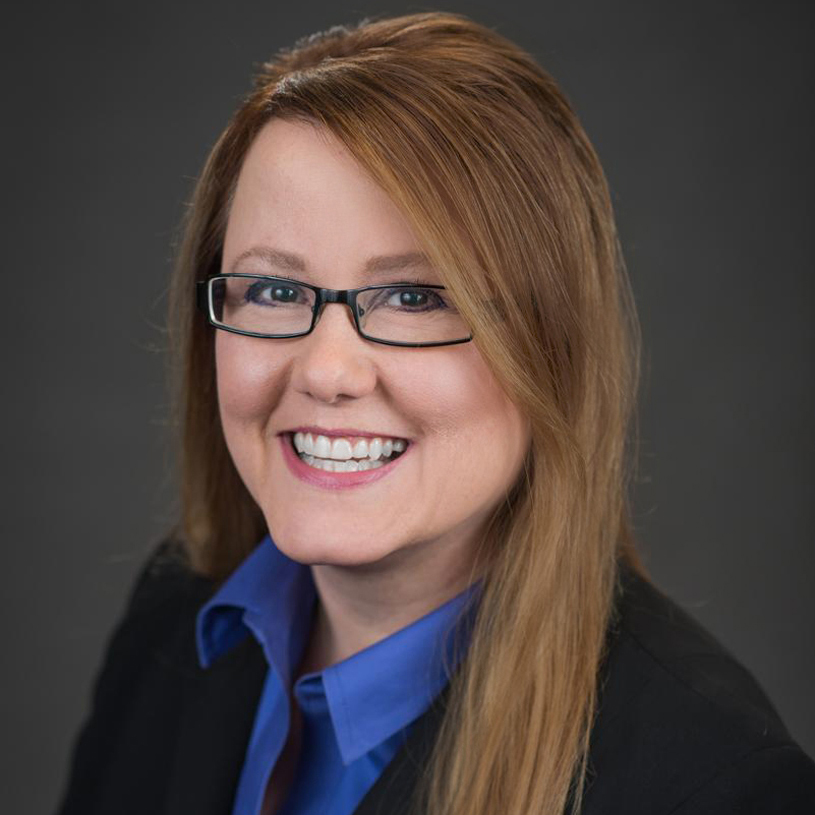
“From our perspective, we need to tell our story much better.”
That’s what Julie Simpkins, co-president and chief operating officer of Gardant Management Solutions, told the US Senate Special Committee on Aging on Thursday. She was one of four witnesses at a committee hearing titled “Assisted Living Facilities: Understanding Long-Term Care Options for Older Adults.”
Telling stories may be one of the assisted living industry’s best bets to ward off a threat of federal regulation that several senators brought up in the wake of unflattering articles published in The Washington Post and the New York Times and KFF Health News about resident elopements, workforce challenges, the industry pricing structure and more.
Gardant, Simpkins told committee members, focuses on providing affordable assisted living to low-income older adults via home- and community-based Medicaid waiver programs.
“There are really good stories to tell from the state perspective and our home- and community-based services, and we need to do a better job of talking about those stories and the things that are going on within the states,” she said.
Part of the story is the close working relationships that providers can establish with state and local lawmakers and regulators to help ensure that they understand industry and resident needs and how various actions could affect them, Simpkins said.
“The innovation that has happened, the times providers have been asked to sit at a table before there’s a rule change,” she said, “and not just ask for comment, but to sit face-to-face with somebody and say, ‘If this rule changes, how does it impact the resident that you’re caring for and your workforce who is caring for that resident?’”
Hearing witnesses faced questions about the workforce, training, staff levels, affordability and other issues. But those issues are better addressed at the state level, Simpkins said, where regulations can “appropriately recognize the diversity within assisted living while holding our profession accountable.”
Industry trade associations frequently recommend that providers invite their legislators to their senior living communities to show them quality in action as well as help them understand the challenges faced by providers. Now is the time to start or continue such conversations and other efforts to help lawmakers and others become more familiar with the positive aspects of assisted living and what operators are doing for older adults of various income levels, as well as understand any assistance providers may need.
“Assisted living is a critical aspect of the long term care continuum, dedicated to delivering person-centered care to our nation’s seniors. We need collaborative, comprehensive solutions that help ensure our ability, as assisted living communities, to continue doing what we do best: providing safe, quality care to our residents,” Simpkins told senators. “From expanding more affordable long-term care options, to workforce programs to address the growing caregiver shortage, these efforts could make a real difference. We must all work together to ensure every current and future assisted living resident is seen, safe and served to enjoy the highest quality of life possible.”
You can watch a recording of the hearing and read the prepared statements of Sen. Bob Casey (D-PA), committee chair; Sen. Mike Braun (R-IN), ranking member; and the four hearing witnesses on the committee website. And if you know of any consumers who would like to share their experiences with the Aging Committee, they can use the form on the committee website or send a message to this email address: [email protected].
Lois A. Bowers is the editor of McKnight’s Senior Living. Read her other columns here. Follow her on X (formerly Twitter) at Lois_Bowers.

